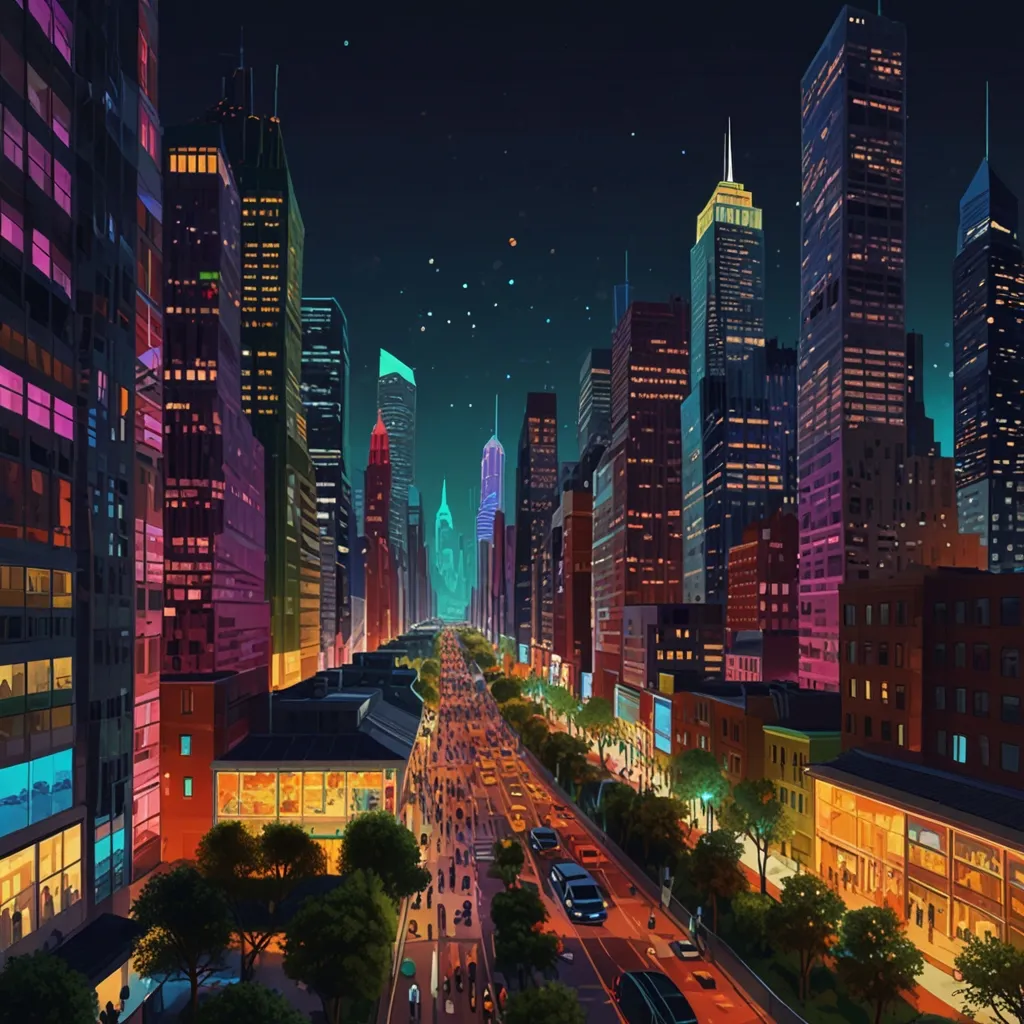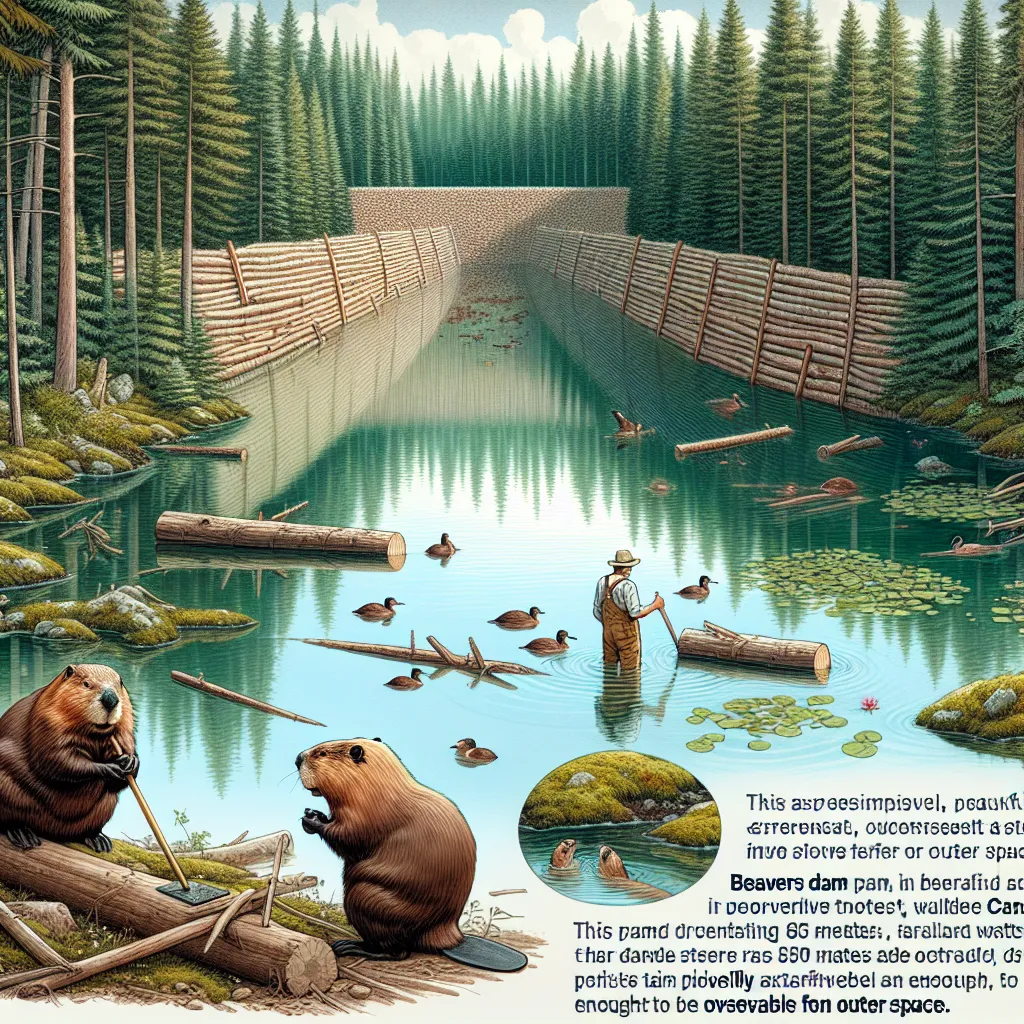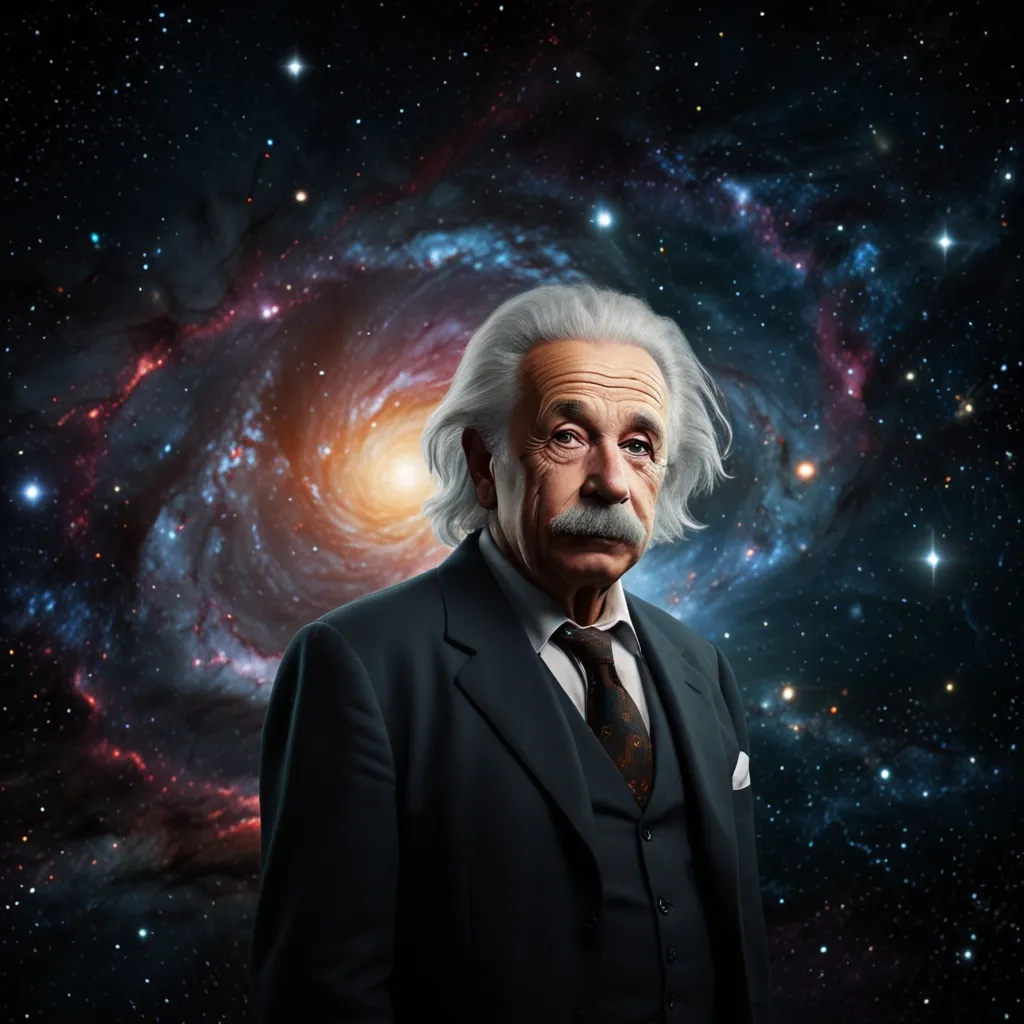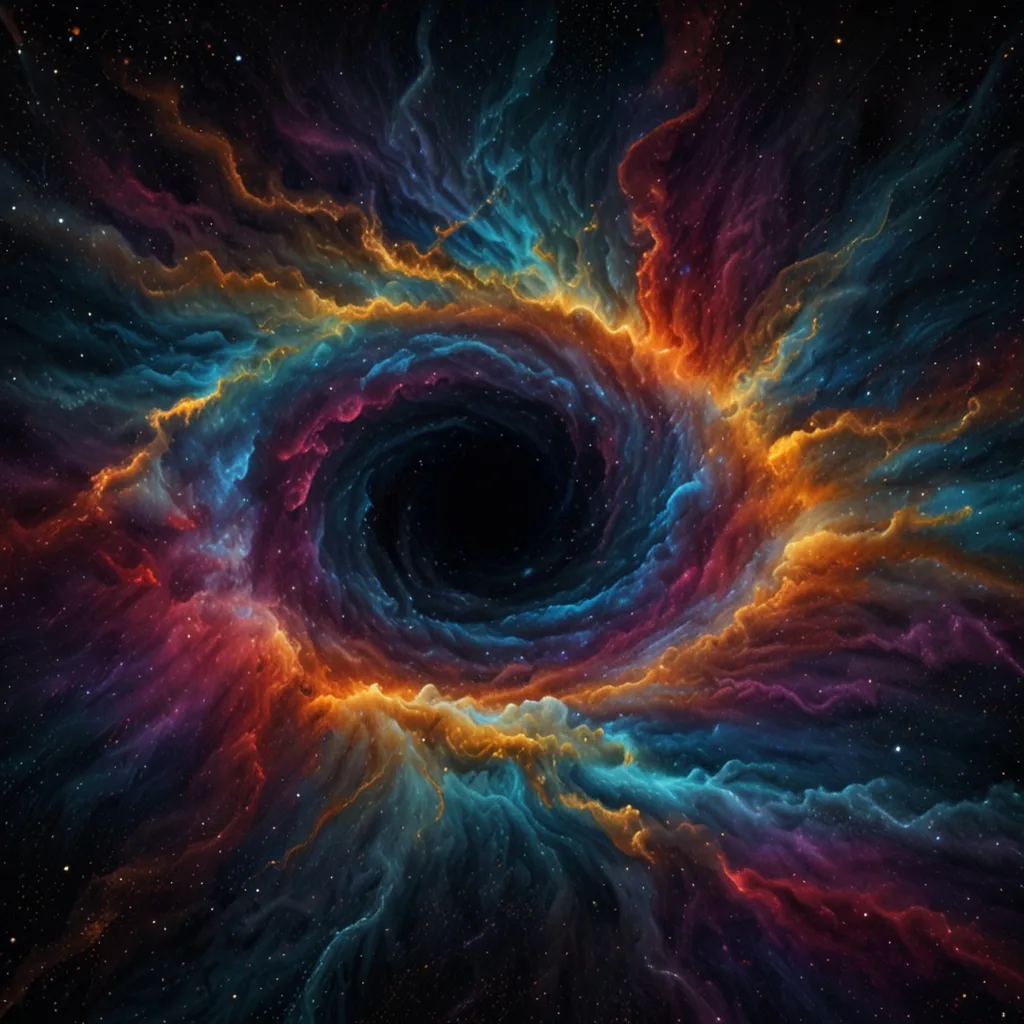We like to think of ourselves as solitary individuals, each of us unique and independent. But here’s a mind-blower: we’re never really alone. Our bodies are teeming with millions of microscopic critters. These little guys are everywhere, from the dry deserts of our skin to the tiny neighborhoods on our lips and the bustling cities inside our mouths. Every part of us, even each tooth, is its own unique ecosystem.
In the vibrant metropolis that is our gut, it’s a constant hive of activity. Food is always coming and going, and every microbe has a role to play. Take cellulolytic bacteria, for instance. These specialists break down cellulose from veggies into simple sugars. Then, respirators, another set of microbes, grab these sugars and burn them for energy.
As food continues its journey inside us, it meets the fermentors. These guys turn sugars into chemicals like alcohol and hydrogen gas, spewing them out as waste. Deeper into the gut, syntrophs live off this waste. Energy is released at every step, and our digestive cells soak it up.
What’s fascinating is how different this microbial city is for everyone. Each person has a unique community of gut microbes, and these communities can vary in how efficiently they process food. Some people’s microbes are better at extracting calories than others.
So, what shapes these microbial communities? A mix of factors, like our genes and the microbes we encounter in our lifetime, play a role. The food we eat also has a big impact. Complex foods like an apple need a lot of microbial workers to break down, while something simple like a lollipop doesn’t need as many. If we don’t consume complex foods regularly, some of these microbial workers leave our gut, possibly for good.
Less diverse microbial communities can be problematic. People with conditions like diabetes or chronic gut inflammation often have fewer types of gut microbes. We don’t have it all figured out yet, but a varied diet rich in plant-based foods might help revitalize our internal microbial ecosystems.
So, we’re really not alone inside our bodies. Our personal microbe communities are essential for our well-being, and as we learn more about them, we’ll discover ways to nurture this incredible, hidden world that plays a crucial role in our health and personal identity.






